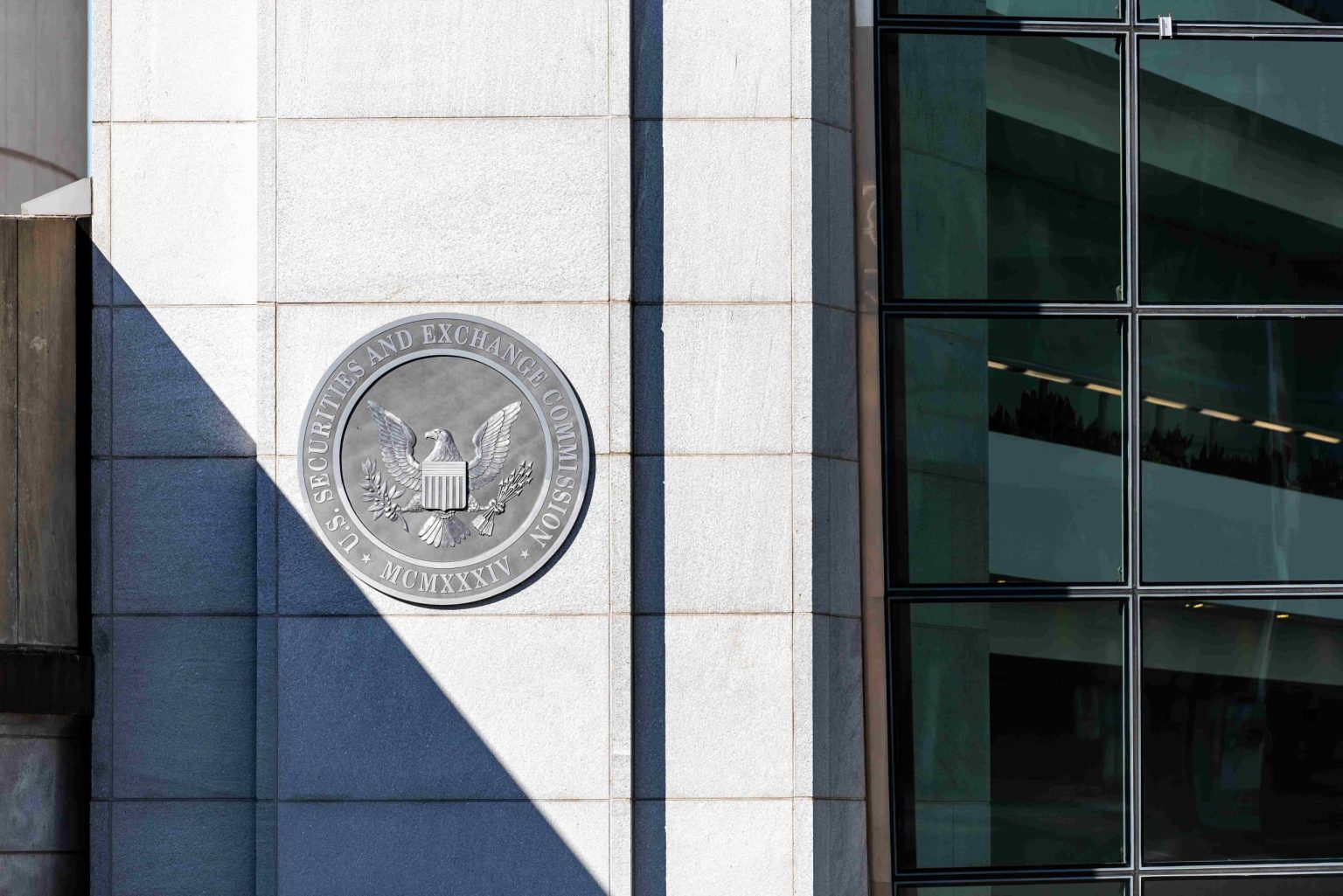The U.S. Securities and Exchange Commission (SEC), known for its stringent regulatory oversight of the finance sector, is facing an ironic hurdle as its own policies are hindering the agency’s ability to recruit crypto experts, according to an October report by the agency’s inspector general–highlighting major “management and performance challenges.”
Striking a Balance with Modern Technology
One of the SEC’s primary challenges is the need to balance ethical oversight with the demand for specialized knowledge in rapidly advancing fields like cryptocurrency. As the agency seeks to deepen its understanding of the crypto market’s complexities, it finds itself at a crossroads, requiring expertise that is in short supply.
The inspector general’s report points out that the SEC’s workforce recruitment efforts are being stymied by a limited pool of candidates with the necessary expertise in crypto assets. This expertise is considered by the Enforcement division as vital to enhance the SEC’s investigative capabilities in the crypto market.
SEC is having trouble hiring crypto experts — because of a rule they must sell all their crypto
Would make more sense to allow staff to hold a modest amount. This would also make them better at their jobhttps://t.co/t0wzbjOxlB pic.twitter.com/yPjoOjoHY8
— Jeff Roberts (@jeffjohnroberts) November 6, 2023
A major roadblock to bringing crypto experts on board is the SEC’s own rules regarding crypto ownership. According to the report, the prohibition on SEC employees owning cryptocurrencies is a deterrent to potential recruits, who are often reluctant to liquidate their personal crypto holdings.
“This prohibition, according to SEC officials, has been detrimental to recruiting, as candidates are often unwilling to divest their crypto assets to work for the SEC,” read the report.
This predicament places the SEC in a difficult position, weighing the ethical considerations that necessitate such rules against the operational efficacy of the agency. The existing ethics policies also extend to other areas, such as barring employees with equity in a company from influencing regulatory decisions regarding that entity.
The SEC’s challenges are further intensified by the allure of the private sector, which often presents more competitive offers. The private sector not only offers the potential for more lucrative compensation but also does not impose restrictions on crypto ownership, making these positions more appealing to industry experts.
A Shift in the Regulatory Climate
As the SEC escalates its enforcement actions, particularly after the FTX exchange collapse in November 2022, the need for informed crypto experts has never been more pressing. The past year has seen the SEC file a series of lawsuits across the crypto industry, targeting entities of various sizes.
From initiating legal action against Gemini and Genesis to pursuing charges against high-profile individuals like Justin Sun and Do Kwon, the SEC has demonstrated its commitment to legal enforcement within the crypto sphere.
Safemoon on the news about being a scam and John Karony being in jail
pic.twitter.com/eahXGLHfL1— Pancho (@pancho247365) November 2, 2023
Just last week, the agency announced charges against SafeMoon and its executives, alleging the orchestration of a major fraudulent scheme through the unregistered sale of the crypto asset security, SafeMoon. High-stakes confrontations with leading exchanges such as Binance and Coinbase have also underscored the SEC’s aggressive stance on compliance.
In response to the inspector general’s findings, an SEC spokesperson has highlighted the positive aspects, noting the agency’s hiring pace, its status as a workplace in government, and rule-making initiatives.
“We’re pleased that the Office of the Inspector General reported that the SEC maintained a steady rate of hiring, remained the best place to work in government, slowed attrition below government averages, completed a substantial number of rulemakings, including those mandated by Congress, and took steps to address challenges that it previously identified,” the spokesperson said.
In short, the SEC’s pursuit of crypto expertise is impeded by its own ethical frameworks, designed to prevent conflicts of interest. As the agency grapples with modern market forces, its ability to adapt its hiring practices could prove essential in shaping its regulatory capacity in the cryptocurrency industry.
Read the full article here





